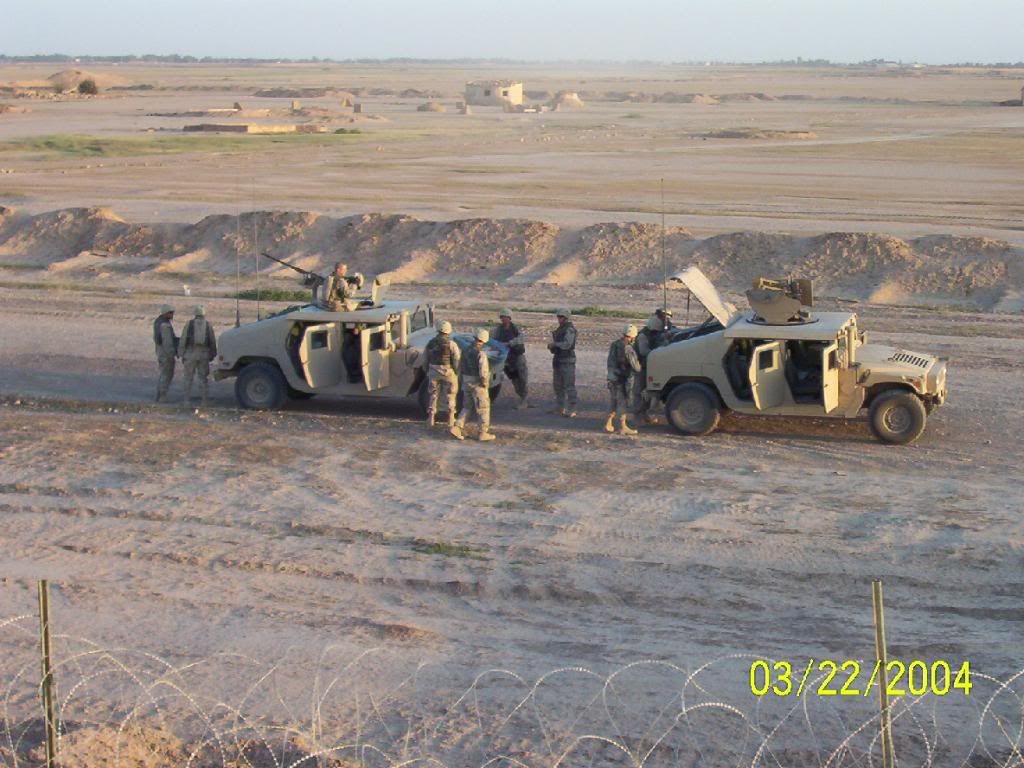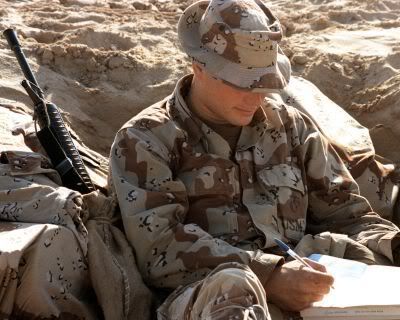 One emotional response that came out of the play is fear. Fear in the fact that anyone who either knows a soldier or is a soldier may look at the emotional turmoil that all the soldiers seemed to have gone through and feel an apprehension about it. Each soldier lives with some regret or memory that they wish they could rid themselves of, yet it is an irreversible thing. The regret stems from having killed an innocent person that in many ways, they had no control over. Yet mixed with this apprehension that the audience may feel there is hope from one character who speaks of a man who even though the marine had just blown up his family in a car and burned him, the man is thankful that the U.S military had come. The character then explains how that became his anchor in the war. This helps to ease the apprehension, but at the same time it also was only one instance, and so the fear comes back that the audience may have the same haunting experiences as the members in the play did.
One emotional response that came out of the play is fear. Fear in the fact that anyone who either knows a soldier or is a soldier may look at the emotional turmoil that all the soldiers seemed to have gone through and feel an apprehension about it. Each soldier lives with some regret or memory that they wish they could rid themselves of, yet it is an irreversible thing. The regret stems from having killed an innocent person that in many ways, they had no control over. Yet mixed with this apprehension that the audience may feel there is hope from one character who speaks of a man who even though the marine had just blown up his family in a car and burned him, the man is thankful that the U.S military had come. The character then explains how that became his anchor in the war. This helps to ease the apprehension, but at the same time it also was only one instance, and so the fear comes back that the audience may have the same haunting experiences as the members in the play did. This emotion of fear is there so that the audience would understand that war isn’t pretty nor is it glamorous. It has drastic consequences on the emotional state of those involved, especially the ones left to do the “dirty work.” Yet through all the play you get the sense that the playwright is unsure as to whether he thinks that war can be justified but he leaves it up to you to decide if it can, or even if it should be.
http://www.curtainup.com/sandstorm.html

